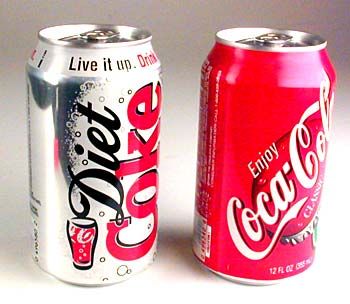Sugar and salt take a rap today because they're so easy to overindulge in. But before high fructose corn syrup and deep-fried onion rings, a taste for sweet and salty foods identified something as nourishing and safe to eat, a kind of a genetically programmed survival guide.
Why do some people relish one taste over the other? Again, it's heredity: Except for identical twins, everyone inherits a unique combination of genes that determine taste sensitivity. Genes also determine the number of taste buds you have. Environment plays a role, too.
Advertisement
For starters, let's look at how nature cultivates a sweet tooth.






